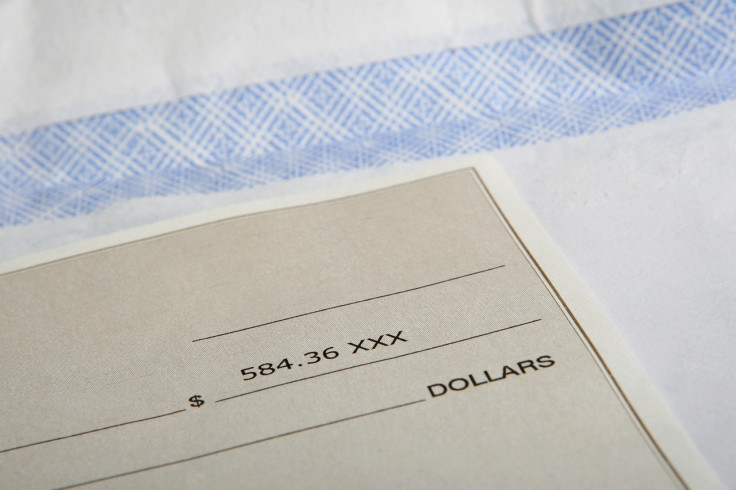US Social Security Administration To Issue Two SSI Payments in One Month Due to Technicality
The maximum monthly SSI payout for individuals was increased to $943 in 2024

Over seven million Americans receive monthly supplemental security income (SSI) checks from the Social Security Administration (SSA) to cover household expenses. People with limited or no income/resources who are blind, aged 65 or above, or have a disability could be eligible for SSI benefits. Resources can mean vehicles or bank account balances, which shouldn't be over $2,000 for individuals and $3,000 for couples. The resource threshold is also $2,000 for parents applying for SSI on behalf of their child. Claimants must also be between 18 and 65 and live in a US state to apply for the benefit.
The monthly checks are issued on the first of every month but arrive earlier if the first falls on the weekend. In such cases, the payments are issued on the Friday before. Accordingly, SSI beneficiaries will receive two checks in November, the first at the beginning of the month and the second on November 29. While no checks will be issued on December 1, Americans will receive their Social Security payments on New Year's Eve.
Living In Someone Else's Household Can Reduce SSI By Over $330
SSI is usually for people earning at most $1,971 monthly from a job. The SSA has increased the maximum monthly SSI payout for individuals to $943 in 2024 and $1,415 for couples. However, the amount you receive depends on many factors, such as whether you have a job, your living situation, and any pension or disability payments you receive. Furthermore, living in someone else's house without paying the fair share of food and housing costs could also shrink your SSI check by $334.33. The same applies even if you live in your house and someone else pays your share of bills and rent. The SSA trims $1 for every $2 you earn from your job or any money-making activity. Your SSI payout drops by $1 for each dollar you receive from non-work sources like pensions or disability benefits. Income levels of family members can also affect the SSI payment for both adults and children.
Several US States Allow SSI Benefit Top-Ups
Dozens of US states, including California, Florida, Colorado, and New York, offer a "state supplement" that boosts the SSI benefit with additional payments to assist with food and housing. Receiving the state supplement bonus doesn't affect your Federal SSI benefit amount. Meanwhile, states like Arizona, Mississippi, Tennessee, and West Virginia don't offer SSI beneficiaries top-ups. However, beneficiaries must regularly report their monthly income from all sources to continue receiving accurate payments. They also have to report changes to their living conditions, including their phone number, mailing address, changes in the number of people living in the household, and incomes, no later than the tenth day of the month after they occur for accurate SSI computation. The SSA allows recipients to report these details via calls or smartphone apps.
SSI Beneficiaries Can Get More Help With SNAP
Those receiving SSI checks can usually opt for federal benefits like the Supplemental Nutrition Assistance Program and Medicaid. While SNAP assists with food costs, Medicaid covers doctor and hospital bills. Some states also offer programs like Temporary Assistance for Needy Families (TANF) and those aimed at rent rebates.
© Copyright IBTimes 2025. All rights reserved.
















